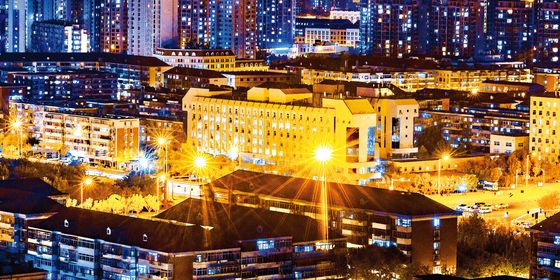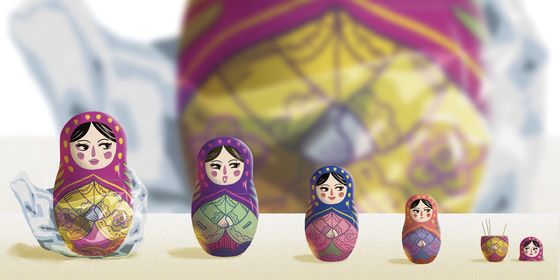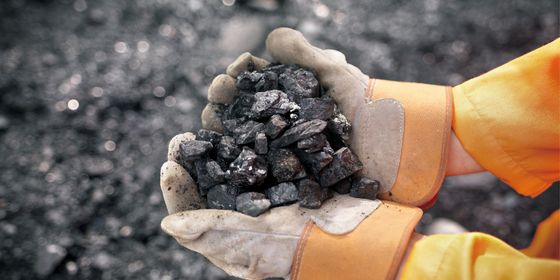China’s trash ban leads to illicit smuggling, debate on domestic recycling
China’s ban on recyclables imports—hotly protested by the US in the two countries’ ongoing trade war—has led to a boom in illegally smuggled trash across its borders.
Since the State Council initiated the ban in January, Chinese customs officials have broken up 39 garbage gangs and investigated 248 cases, totaling 95.6 tons of smuggled wastepaper, textiles, plastics, and other household and industrial cast-offs, all destined for ad hoc “recycling villages” on the south-eastern coast, eventually to be processed and reused as raw materials for local factories.
China began importing waste in the 1980s, to meet urgent demand for materials for its industrial boom. The country grew to become the world’s largest waste importer, taking 56 percent of the world’s trash annually—and 70 percent of all trash from the US—until this year. Domestically, the garbage import and recycling industry was valued at 3.7 billion USD in 2016.
These gains have not come without costs: The State Council’s proposal to ban garbage import, dated last July, cited environmental damage and health risks as the chief reasons. Apart from being eyesores, imported trash, particularly hazardous metals from e-waste, can contaminate soil and water at their processing location. In 2004, Shantou University researchers discovered lead poisoning among 80 percent of children under 10 in Guiyu, Guangdong province—known as China’s “No. 1 E-Waste Village,” where villagers with little-to-no safety equipment manually extract up to 225 tons of metals and plastics per year from various unwanted and used gadgets.
The new ban, while potentially encouraging environmental consciousness in the waste’s country of origin, has proved a boon (if only a temporary one) for “garbage gangs,” who have long been the bane of customs officials for smuggling in hazardous and previously banned types of waste. According to recent reports, the price of plastic waste has risen from 5,000 RMB to 8,000 RMB per ton this year since crackdowns began, and smugglers stand to profit by 10 times the price they pay for banned wastes.
In spite of crackdowns and increased inspections, though, experts believe that a complete ban on waste imports is not necessarily better for the environment. One proposed compromise is improving China’s domestic recycling situation, as improper handling and separation often leads Chinese recyclables to be contaminated with kitchen or even medical waste, compared with trash from abroad. Sheng Min, plastic expert at the China Renewable Energy Recycling Association, also pointed out to Southern Weekend that importing plastic saves China “thousands of tons” of petroleum—“under standardized conditions, [waste import] is actually an environmentally friendly industry.”
Garbage Gangsters is a story from our issue, “Modern Family.” To read the entire issue, become a subscriber and receive the full magazine.












